Open Culture Data: Creative Re-use of GLAM Data
Today's extended guest blog post introduces us to Open Culture Data and showcases some of the creative apps resulting from a series of hackathons that ran in 2012. By Lotte Belice Baltussen from the Netherlands Institute for Sound and Vision.
Open data is data that can be accessed, distributed and re-used by everyone, even for commercial purposes, without the need to explicitly ask the data owner for permission. Many (semi-)governmental organisations are already openly publishing parts of their data. Open data is also high on the digital agenda in Europe. Europeana has contributed to the open realm by releasing all of its aggregated metadata under a CC0 Public Domain Dedication. The majority of GLAMs (galleries, libraries, archives, museums) still need to incorporate this new form of transparency and public access into their policies, but do realise that it will help fulfil their public mission to open up access to heritage and that openness allows for creative re-use of material in new productions and services.
Based on these developments, Kennisland and the Netherlands Institute for Sound and Vision, together with Hack de Overheid (Hack the Government) launched Open Culture Data in September 2011. We are a network of cultural professionals, developers, designers, copyright specialists and open data experts who share the aim of making cultural data sets available under open conditions and stimulating the creation of useful and innovative applications in which these data sets are incorporated. In this context, we recently held a masterclass for cultural institutions, a series of hackathons and an app competition.
Stimulating Re-use: Competitions and Hackathons
We started with contributing eight data sets from six GLAM organisations to the national 'Apps for the Netherlands' 2011 competition and attending one of this competition’s hackathons. As a result, developers made 13 open culture data apps in one month. In 2012, we organised our own competition and two large-scale hackathons in June and October, followed by one smaller one in December aimed specifically at re-use of open culture data in games. The number of data sets available grew explosively: 35 sets from 22 data providers. This was due in a large part to our open data masterclass which was attended by 17 GLAM organisations, many of whom have also contributed to Europeana.
With our own competition, we set out three main challenges for the developer community:
- Create applications that expand audience reach (online, offline, on-site)
- Create applications in which the audience is reached in novel ways
- Create applications that connect different data sets.
There were four awards (Gold, Silver, Bronze, Dutch National Archives Prize) and a total prize pool of €7,500. The overall Gold winner could win €3,000. From June- December, we held many presentations to raise awareness of the competition and Open Culture Data itself, for instance talking at a developers conference, the Wikimedia Netherlands conference and to Communication and Media Design students. When the 31 December deadline for submitting apps arrived, the developer community had made 27 more Open Culture Data apps.
The Apps
The 'Apps for the Netherlands' competition of 2011, which was primarily aimed at re-using open government data, had very positive outcomes for Open Culture Data. GlimwormIT won the overall contest prize with their app 'Vistory' (an app to recreate historical footage scenes with your smartphone camera). The app 'Rijksmonumenten.info' (a mash-up of data about monumental heritage in the Netherlands), made by Arjan den Boer won the education category. And the encouragement prize went to 'ConnectedCollection' (a cross-collection search widget), made by Wout van Wezel (Cit).
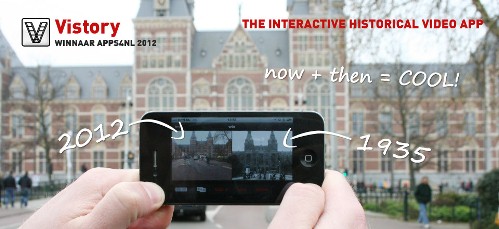
Figure 1: Apps for the Netherlands 2011 winner 'Vistory'
For our own app competition in 2012, a jury of five (two GLAM and two open data professionals, plus one developer) picked the winners. First prize went to 'Muse' app made by Femke van der Ster, Peter Henkes, and Jelle van der Ster. Muse allows you to create your own work of art with cut-outs from world-famous old masters: landscapes, people, animals, objects and skies.
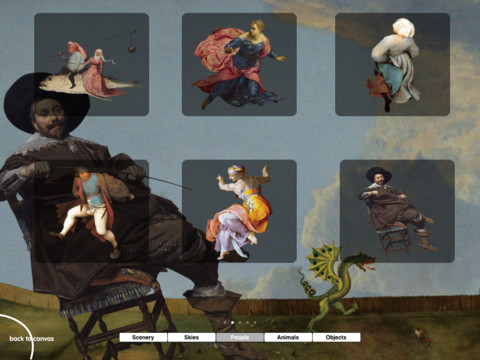
Figure 2: Gold prize winner 'Muse' app, developed by Femke van der Ster, Jelle van der Ster and Peter Henkes.
The Silver went to 'Histagram' by Frontwise (Richard Jong), which is an app you can use to make digital postcards based on historical pictures.
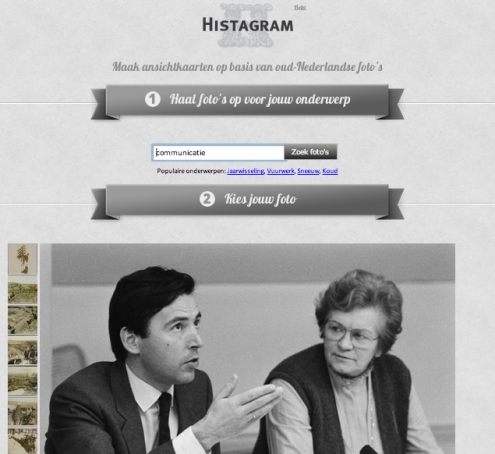
Figure 3: Silver prize winner 'Histagram', developed by Richard Jong.
The third prize went to 'SimMuseum' by Hay Kranen, a web game in which you can play a museum director, collect work of arts and build your own museum.
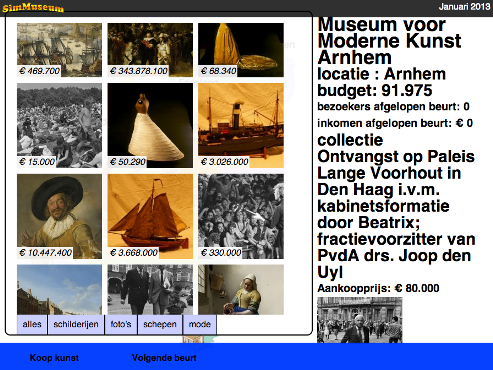
Figure 4: Bronze prize winner 'SimMuseum', developed by Hay Kranen.
The Dutch National Archives prize went to 'Tijdbalk.nl' made by Arjan den Boer. Users can make their own timeline with historical photos and add their own content as well.
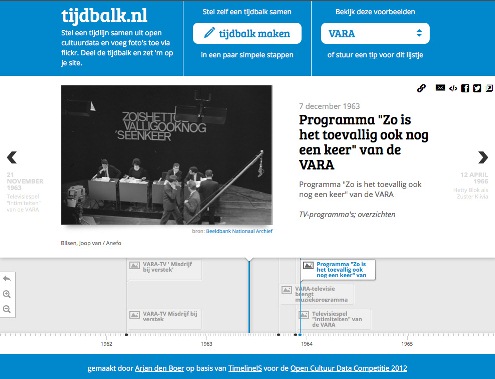
Figure 5: National Archives prize winner 'Tijdbalk.nl', developed by Arjan den Boer.
By organising an app competition, Open Culture Data was able to raise awareness and set the agenda for open data, broadening the perspectives for cultural heritage institutions and demonstrating what can happen when you open up. It takes time, resources and energy to do this, but we are very happy with the outcomes. Of course, we are greatly indebted to all the developers who spent their valuable time and energy to build a great variety of apps. There are now 40 Open Culture Data apps, 90% of which are live and can be used by anyone. Many of these apps use not just the metadata, but also open content (images, videos, audio, text) of our data providers. Through Europeana, 23 million metadata records are already available. The content of 5 million of these records have open licences or are in the public domain and so qualify as Open Culture Data. This means that Europeana represents a gigantic pool of data that can be re-used in innovative ways via the Europeana API in apps like the ones developed through our network. Models for doing so, including large-scale app competitions, are being developed all over Europe, notably in the 'Apps for Europe' project. Kennisland, Sound and Vision and Hack de Overheid are all partners in Apps4EU, as is Europeana. We hope many more apps that are relevant to the GLAM community will be developed in the coming years. In the meantime, we hope you can find inspiration in the apps that have already been made on our website and will join the open culture movement.
More information on Open Culture Data
Website: www.opencultuurdata.nl
Twitter: @opencultuurdata and tag/search with #opencultuurdata
